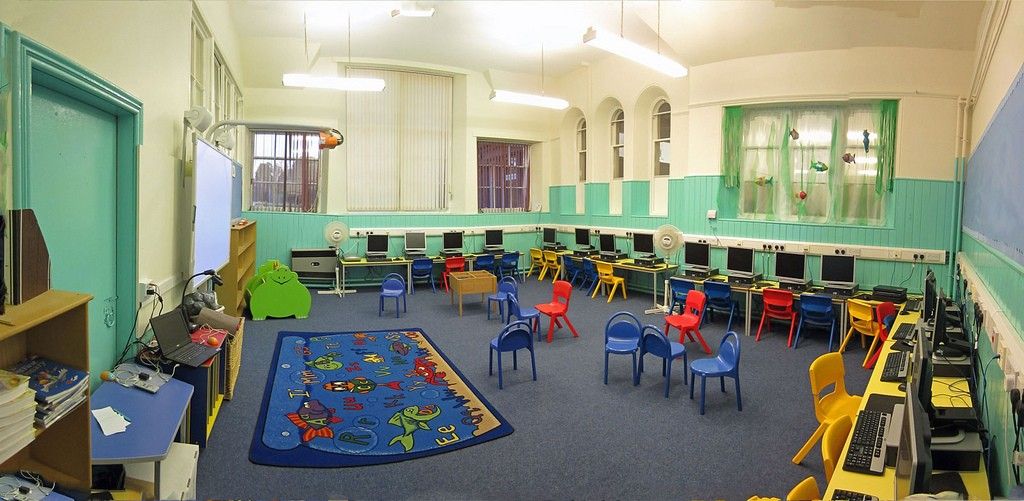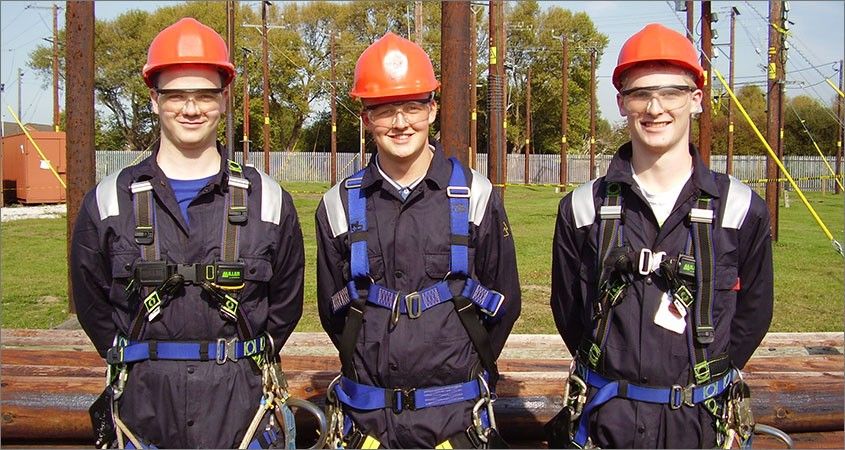Education Scotland
Educating Scotland - The Foundations of Excellence

By Graeme Logan, Interim HM Chief Inspector of Education in Scotland.
Scotland has a strong and proud record of education. It is valued highly in society and young people leaving school today are attaining record passes at higher levels and gaining a broader range of qualifications, skills and achievements than ever before. Whilst we have a good education system, we know that there are areas that need further improvement.
This is a great time for colleagues around the globe to engage with Scottish education. We are working through a major period of reform, to enable us to achieve our collective vision for every learner in Scotland.
The vision for education in Scotland:
- Excellence through raising attainment: ensuring that every child achieves the highest standards in literacy and numeracy, set out within Curriculum for Excellence levels, and the right range of skills, qualifications and achievements to allow them to succeed; and
- Achieving Equity: ensuring every child has the same opportunity to succeed, with a particular focus on closing the poverty-related attainment gap
We want Scottish education to deliver both excellence in terms of ensuring children and young people acquire a broad range of skills and capacities at the highest levels, whilst also delivering equity so that every child and young person should thrive and have the best opportunity to succeed regardless of their social circumstances or additional needs. We know that this is an endeavor shared by many countries around the world, and we are continually seeking opportunities to share approaches which are proven to work with our colleagues in different countries. We have a new partnership with the Education Endowment Fund, where Scottish teachers can contribute to and access advice on strategies and interventions which are proven to work to help to reduce the poverty-related attainment gap. This is part of our National Improvement Hub, where teachers can share examples of good practice from across the country. The Scottish Attainment Challenge is a flagship programme to drive efforts to close the poverty-related attainment gap in literacy, numeracy and health and wellbeing. The three key strands of the programme are: leadership, learning and teaching and families and communities.
The National Improvement Framework for education in Scotland is designed to help us deliver the twin aims of excellence and equity; galvanising efforts and aligning our collective improvement activities across all partners in the education system to address our key priorities. The priorities for 2018 are:
- Improvement in attainment, particularly in literacy and numeracy;
- Closing the attainment gap between the most and least disadvantaged children and young people;
- Improvement in children and young people's health and wellbeing; and
- Improvement in employability skills and sustained, positive school-leaver destinations for all young people.
There are interesting improvements happening in many different sectors of education in Scotland. There is a major expansion of early learning and childcare (ELC). At present there are 600 hours of free ELC available for all three and four-year-olds and eligible two-year-olds in Scotland. By 2020 the hours of free ELC will increase from 600 to 1,140 hours per year, to further reduce barriers preventing parents from working. This is an excellent opportunity to help all children learn and develop through the highest quality of care and learning. We know that by the age of 5 there is up to 18 months difference in expressive vocabulary between children from the most and least deprived areas in Scotland. The expansion of ELC gives us an opportunity to close this gap and engage all children in high-quality learning through play.
Across the school years in Scotland, we are moving much more towards a school and teacher led system. Increasingly we are seeing peer-to-peer and school-to-school support for improvement, with a range of external interventions tailored to the needs of schools. Scotland’s 32 local authorities have come together to form 6 regional improvement collaboratives, where they will work together to provide a range of improvement support for schools. They will pull staff time and expertise from across local authorities within the collaborative, strengthening subject specific and sector specific support. Education Scotland staff will also contribute to the regional improvement collaboratives, working alongside local authority officers and teachers to support improvement. We know that collaboration is a major theme in education around the world and we look forward to extending our collaborations within and beyond Scotland.
Curriculum for Excellence is our broad framework for learning across the 3-18 age range. It is not a prescriptive national curriculum; it sets out the experiences and outcomes for learners and leaves plenty of autonomy for schools and teachers to plan learning which meets the needs of the children in their care. In 2015 the OECD reviewed Curriculum for Excellence and highlighted a range of strengths and areas for further improvement. This has led to a significant reduction in the amount of guidance on the curriculum and a clarification of national standards at key points of progression, through the development of benchmarks for each curriculum area.

Developing Scotland’s young workforce is another key priority. Fundamentally, this is about ensuring a work relevant educational experience for our young people. It is about all of us valuing and understanding what a rich blend of learning, including vocational education, can offer. It is about employers playing an active role, both shaping and benefiting from Scotland's education system by helping to create the talent pool they need and recruiting young employees. Ultimately, it is about the future workforce, our young people, making informed and ambitious choices about jobs and careers, ready to take their place in the world as effective contributors.
These are a few of the exciting developments taking place in Scottish education. We look forward to welcoming you and working with you! Scotland: where ideas become legend.
About Education Scotland
Education Scotland is the lead public body for assurance and education improvement in Scotland and a key partner in helping achieve the Scottish Government’s vision of excellence and equity.
With thanks to Graeme Logan and everyone at Education Scotland.
Create an event with world changing ideas: Conventionscotland.com | legends@visitscotland.com